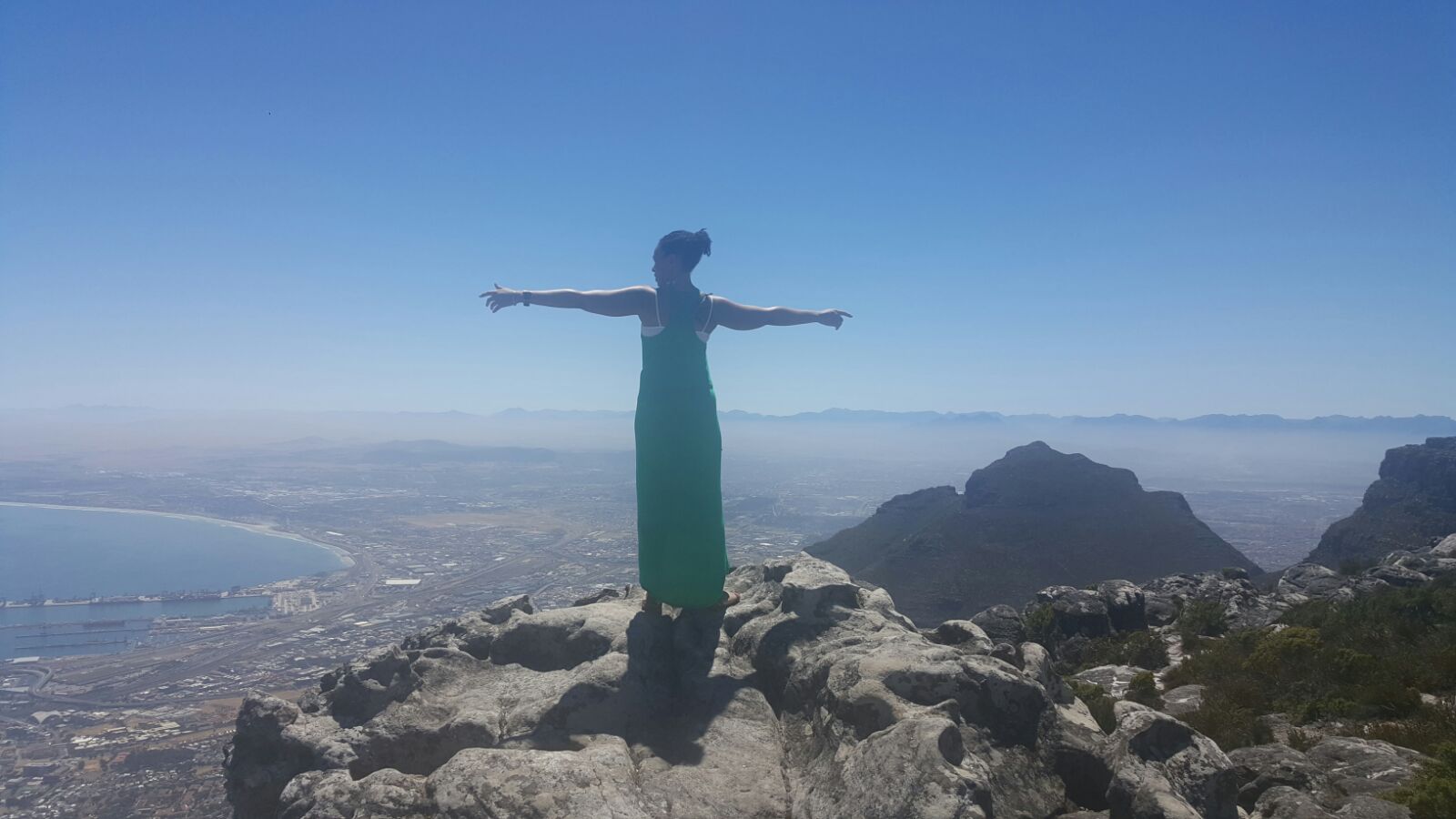
One of my colleagues in Mutomo asked me what I was doing for the holidays. I said, “I’m going home, to see my family.” He responded with a quizzical look, “I thought you didn’t have a family.” Now, I was confused. Did I imply that I was an orphan…? Maybe something got lost in translation between my English and his? He quickly followed with, “You told me that you didn’t have a husband or kids.” Oh…now it was clear, his concept of family only included marriage and procreation. Another physician in the room piped in, “Maybe you need to broaden your definition of family.” Indeed, I would agree.
My biological family is great! And, all four of my parents have been there along my journey, even when they didn’t understand what I was doing or why I was doing it. They trusted me to believe in myself and follow my purpose. My extended family has continued to grow over the years. I posted a few weeks ago about how I love my friends. And truth be told, I consider most of my friends, family as well. I make friends for life so, I make an effort to maintain and strengthen those relationships.
In my professional role, in order to provide good medical care, I need to understand the community in which my patients live and my co-workers work. On the residency interview trail, I asked one of my interviewers where most of the residents lived. She responded, “well you can’t live around here.” My feelings were hurt and I wasn’t even from that city. Needless to say, they slipped to the bottom of my rank list. On one of my other residency interviews, I laughed so much at dinner, I thought, “I feel at home; this feels like family.” And, I knew that was where I was supposed to be. When I moved to Pennsylvania for my first job, I asked for recommendations on where to live. The response, “well if you want, why not live around here?” I moved into an apartment less than 2 miles from the hospital. One of the toughest decisions leaving that job was leaving my Montgomery work family. I still love them dearly and they have continued to be there for me. That’s what family feels like. As I traveled doing locums before venturing to Kenya, I liked to take assignments that lasted long enough for me to a get a sense of the local community. I accepted invitations to dinner and church, to potlucks and to happy hours. I didn’t want to just work there, I wanted to live there.
I have those feelings from time to time, that fleeting, intangible moment that you know you are at the right place at the right time. I have had that feeling in Kenya. One weekend I found myself sharing a meal playing cards with my Mutomo work family, and I knew I’d found my tribe. I don’t know how many of you have had the experience of traveling to a new city, and one of your parents says, “call so-and-so when you get there. She’s your cousin…” A cousin that you’ve never seen before, met before, heard of before. But you call as instructed, and that cousin takes care of you like she’s known you since birth. Similarly, a friend introduced me to a friend of his who’s American but lives in Nairobi. She invited me over for dinner shortly after I arrived a couple months ago, and if you saw us today, you would think we had known each other forever. In the same vain, my CMMB family has been incredible in making my time here as comfortable and rewarding as possible. It was only fitting that I celebrated Christmas with them, before returning to the states for the Holidays.
Family to me, are the people around you who support and encourage you to be your best self. I look forward to spending the holidays with my family, all of them, whether related by blood or by spirit.







